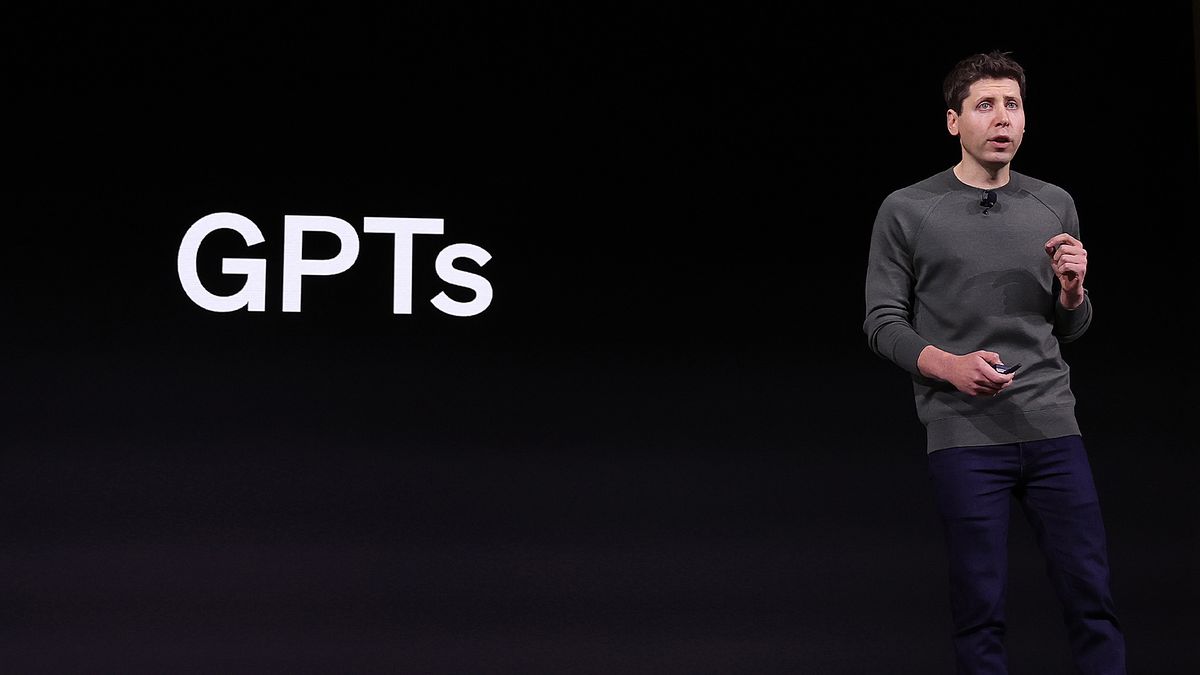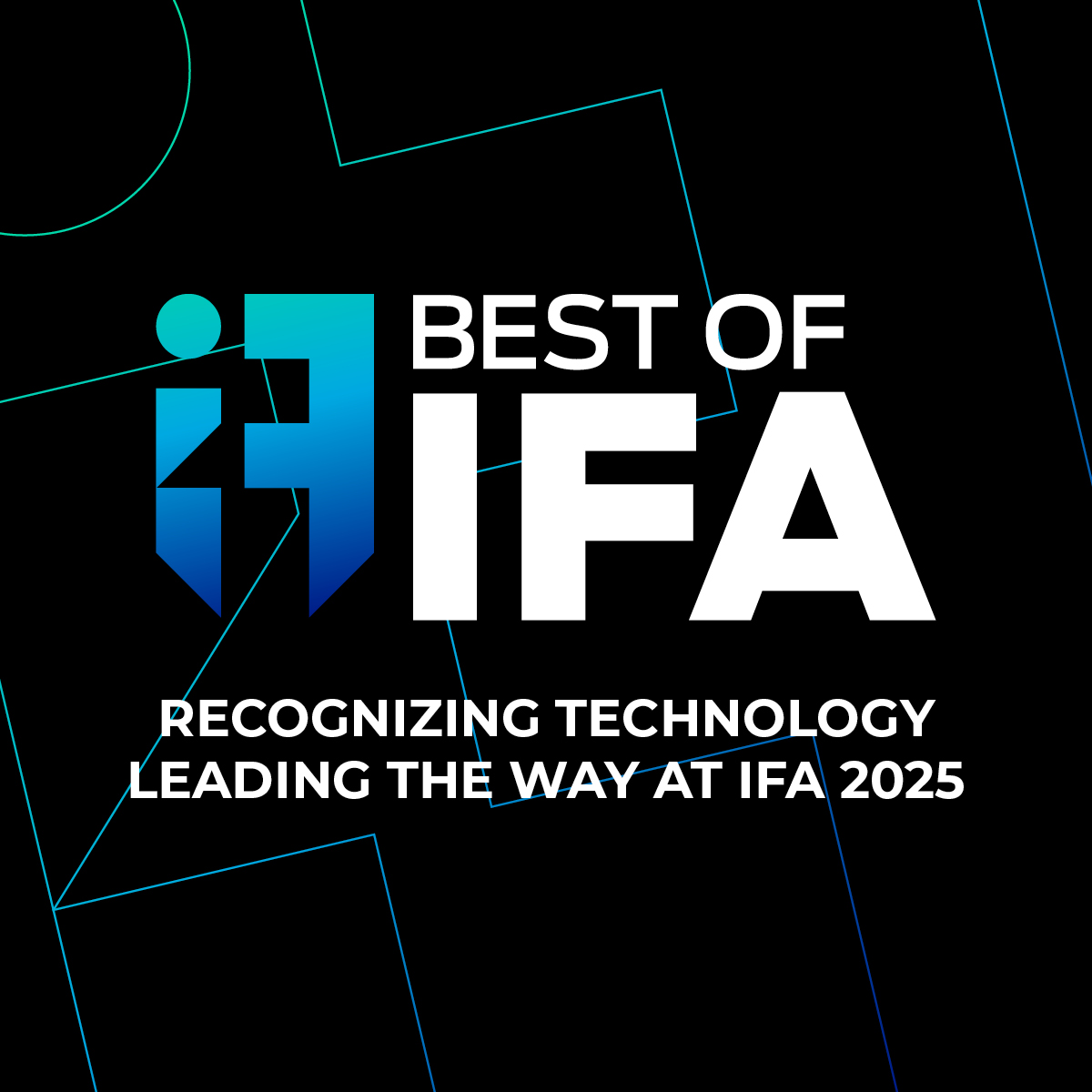OpenAI just raised $6.6bn in funding, but it drove a hard bargain – investors will be stopped from funding rivals

OpenAI has sealed its much-watched funding round, raising $6.6 billion from investors including Microsoft, Nvidia, and venture capitalists.
The funding round values OpenAI at $157 billion, and includes $1.2 billion from Thrive Capital alone, as well as money from Khosla Ventures, SoftBank, and Fidelity, among others. Nvidia’s investment marked its first in OpenAI.
Apple had been widely reported to be considering joining the funding round but did not take part.
In a statement confirming the raise, OpenAI said the funding will enable it to “double down on our leadership in frontier AI research, increase compute capacity, and continue building tools that help people solve hard problems”.
The investment follows a week of upheaval for OpenAI. The company said it would restructure as a for-profit company — with CEO Sam Altman expected to win a lucrative equity stake — and faced departures from CTO Mira Murati, chief research officer Bob McGrew, and vice-president of research Barret Zoph.
Those are the latest in a string of departures that has seen the founding team reduced to two from its original 11, not including Greg Brockman, who is currently on leave.
That had raised concerns among some AI watchers that investors might falter at the disruption, but closing the funding round puts paid to such reports for the moment, at least.
Indeed, Thrive Capital has an option open to invest another $1bn next year, according to Reuters at the same valuation, if OpenAI reaches an undisclosed revenue goal.
On the other hand, some of the investors have terms that would allow them to renegotiate or take back funds if specific restructuring changes aren’t completed within two years, a source told Reuters.
OpenAI said it now has 250 million people using ChatGPT every week.
“Every week, over 250 million people turn to ChatGPT regardless of the scale of the challenge – whether it’s communicating with someone who speaks another language or solving the toughest research problems,” said chief financial officer Sarah Friar.
“AI is already personalizing learning, accelerating healthcare breakthroughs, and driving productivity. And this is just the start,” she added.
OpenAI drove a hard bargain
OpenAI reportedly had its own terms for investors: don’t fund five rival firms.
Anthropic, founded by former OpenAI staff, is on the list, as is xAI, founded by Elon Musk, and Safe Superintelligence, started by OpenAI co-founder and former CTO Ilya Sutskever.
Those three companies develop a raft of leading large language models (LLMs), putting them in direct competition with OpenAI. The firm also reportedly asked investors not to fund AI search firms Perplexity or Glean.
SoftBank and Fidelity have both previously funded xAI, but it’s understood the OpenAI terms aren’t retroactive.
A source told the Financial Times that because the round was so oversubscribed, OpenAI told would-be investors they wanted them to be “involved in a meaningful way in the businesses”, precluding them from also committing to its competitors.
Paying for AI
The funding comes at a key time for OpenAI, as it needs billions to continue working but isn’t yet earning the revenue to pay for AI’s huge computing requirements, nor the large salaries of top AI researchers.
Reports earlier this year suggested OpenAI’s costs for training and inference could top $7bn in 2024 alone, with an additional $1.5bn on staff, well above the $2.7bn spent by rival Anthropic.
That’s exacerbated by OpenAI continuing to invest in developing artificial general intelligence (AGI) — the company mentioned AGI in the very first sentence of its funding announcement, saying it was “making progress” — while also battling to stay ahead of rivals on AI for business uses now.
OpenAI is predicted to make $3.6 billion in revenue this year, though still post a loss with costs over $5bn. Reuters sources said the company expects to post more than $11bn in revenue next year.
A further challenge is return on investment. It remains unclear how much companies stand to benefit from using these expensive technologies — so far, unclear ROI isn’t deterring CIOs.
But if prices rise to pay for the AI bubble, the race to AGI and to encourage further investment, it could hurt uptake.
Source link









